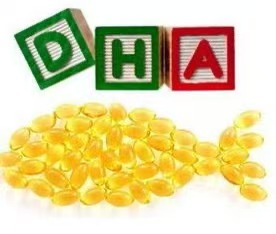DHA (docosahexaenoic acid) is an "essential fatty acid" that cannot be synthesized by the human body on its own, accounting for 20% of the total amount of fat in the cerebral cortex and 50% of the phospholipids in the retina, and has been called "brain gold" and "vision protector" by scientists. (Source: WHO Nutritional Guidelines for Children)
🐟 Tuna DHA "ocean small gold mine" per 100 grams of yellowfin tuna dorsal meat contains 482mg DHA (1.5 times more than salmon, 3 times more than cod), fish DHA in the "ethyl ester type", the human body absorption rate is higher than the algal DHA 30% (American Journal of Clinical Nutrition study), eat 2 times a week (each time 100g), both to meet the needs and do not exceed the FDA mercury safety standards, boiled / low temperature frying (below 120℃) DHA content is higher than the abdomen 40% (exercise muscle is more fat-rich), boiled / low temperature frying (below 120℃) Eat 2 times per week (100g per time), not exceeding the FDA mercury safety standard, the DHA content of fish back meat is 40% higher than that of the belly (more athletic muscles are more fat-rich), boiled/frying at low temperature (below 120℃) retains more than 90% of DHA, while deep-frying loses 60%, Tuna + Eggs (lecithin) = "DHA Golden Match", with an increase in the absorption rate of 55% (choline in eggs promotes DHA across the bloodstream), and the absorption rate of DHA is also increased. (Choline in egg promotes DHA to cross the blood-brain barrier)
Tuna is the best DHA carrier in nature, like installing "high-speed internet cable" for brain and "high-definition filter" for eyes. Using 100g of fish twice a week to satisfy the brain power needs of the whole family -- this is not metaphysics, it is a scientific program written in the Dietary Guidelines for Chinese Residents.


